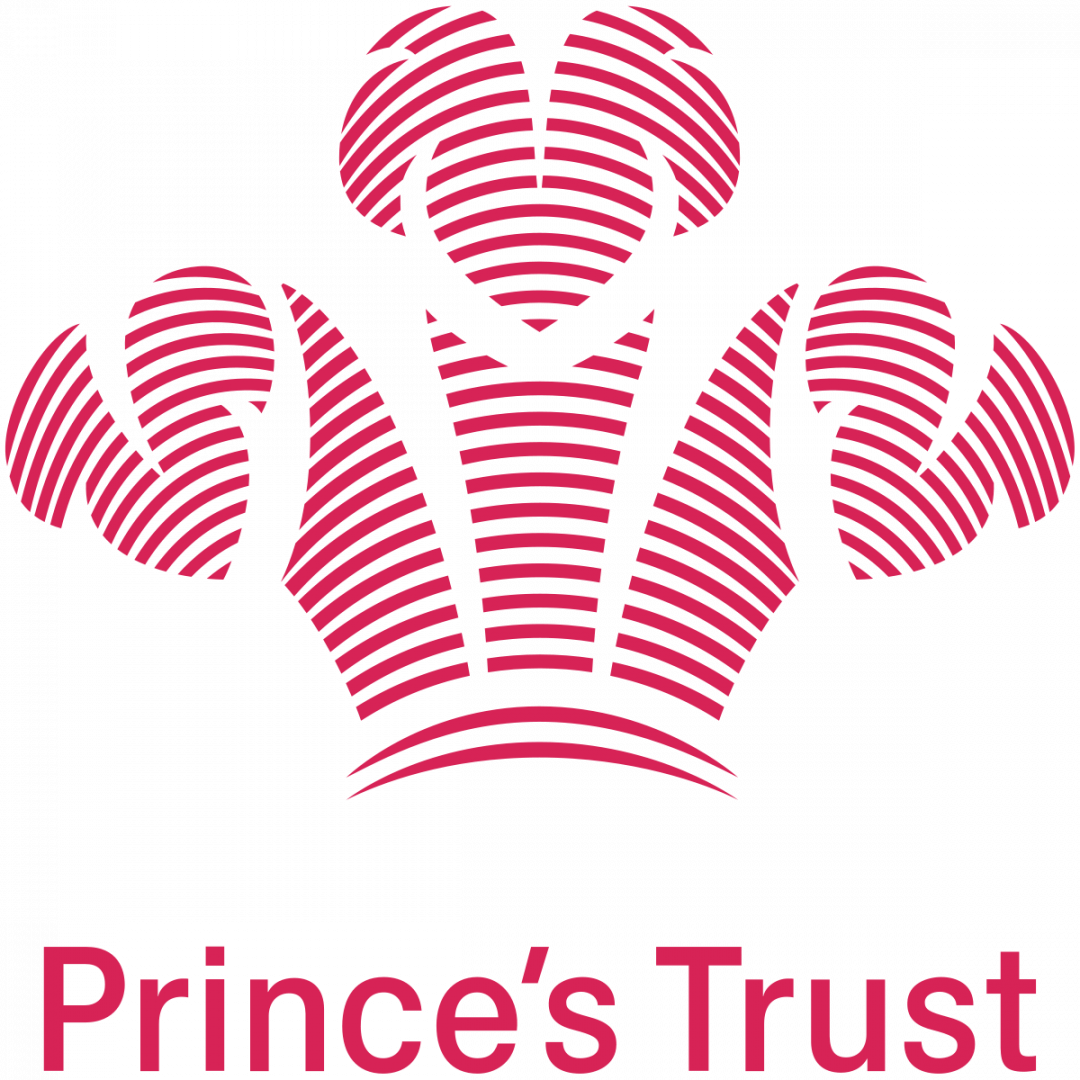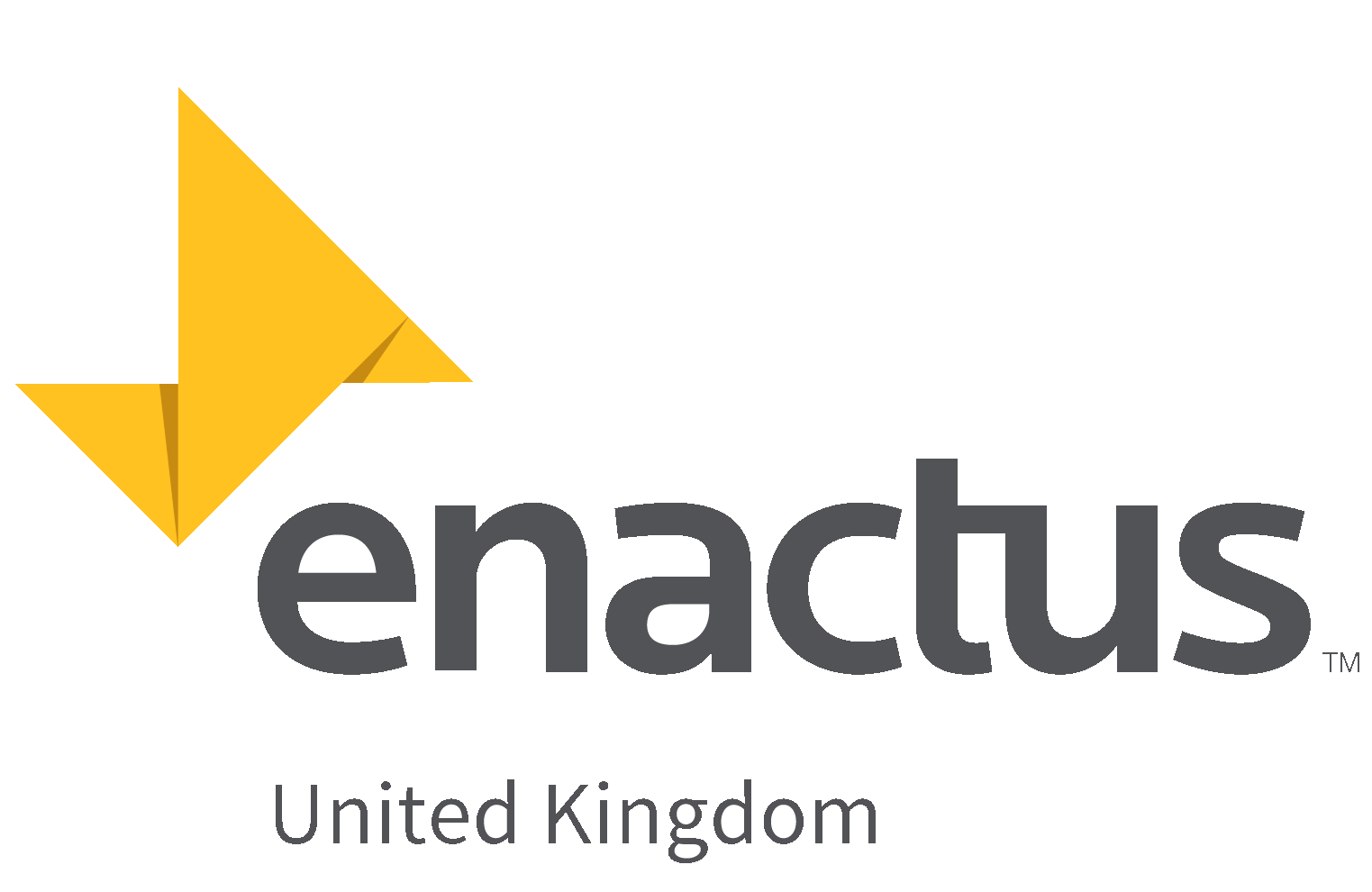You shouldn’t have to have graduated to start a business. In fact, many students are now exploring starting new business ventures as a side hustle or future career alongside their studies. Read on for the best tips on how to start a business as a student.
- Almost a third of students are currently running or plan to run a business whilst studying
- Famous companies that started during university studies include Facebook, Snapchat and Funding Invoice
- Exeter, Edinburgh and Nottingham are the best universities in the UK for entrepreneurs and student startups
Starting a Business as a Student
Coming up with a successful and profitable business idea can be a very daunting task. However, once lifted off it can serve as a great way to earn some extra money without being tied down to specific hours like the typical part-time shifts at the student union or local pub.
The first steps include a lot of research. For a business to be successful, it should fill a gap or niche in the market. Think about your degree, what skills or knowledge could you use to help come up with an idea?
What is really important is to think about longevity. Starting a business requires a lot of time and energy. You want to make sure that no valuable time is wasted. Think about what might help support your future career aspirations and what will last past your time at university.
What are The Best Businesses to Start as a Student?
Finding a gap in the market is now arguably more interesting than ever before. The pandemic has opened up demand for services that previously were in standard and steady demand, with online subscriptions like Netflix seeing 16 million new sign-ups in the first month of lockdown alone.
Delivery Services
What could be a really interesting idea is starting a local delivery service in your student town. This kind of service is more important than ever before, with many student houses having to isolate together for up to 2 weeks at a time. A bicycle could be purchased cheaply from Facebook marketplace for a small price, and with practically no running costs – it means the rest is left to profit from.
From picking up medicines, library books, to groceries or alcohol, you could set up a page on social media or send out an email to your student union or societies to advertise your services. With online shopping deliveries in higher demand than ever before, and there being great difficulty to secure a slot, it could be the perfect opportunity for a student to set up a business in becoming the accessible and affordable middleman.
Tutoring and Proofreading
As a student, you will have a wealth of knowledge in the degree that you are studying. It would be fatuous to not make use of these skills. Most student areas reside near local towns and schools. With many parents fretting that their children have fallen behind on their studies, tutoring serves as a great addition to their learning. By simply advertising through leafleting, social media or approaching school newsletters, it is can be a simple way to start a tutoring business. Further, another interesting idea could be to start an essay writing helpline or proofreading business. For many, all they need is an external eye to criticise their work to realise their grammar or spelling is incorrect.
A business zoom could be set up, and friends could be rounded up from different degrees to establish a small tutoring or proofreading business from all areas of study.
Making Use of Social Media
Social media is a great place to begin when thinking about starting a new business. There are a plethora of platforms that you can make use of, including Facebook, TikTok, Instagram and Twitter to name just a few. Close to half of all TikTok users are aged 18-24 years old, which means that students are amongst the most users of the app. This also translates to students totally understanding their viewership, unlike in other age brackets those unfamiliar with the app. A local business could be set up to help local companies with their social media and marketing.
Successful Businesses Started by Students
Some of the creators of the most successful businesses met and established their ideas at college or university. Here are just a few that were started by students.

Founders: Mark Zuckerberg, Eduardo Saverin, Andrew McCollum, Dustin Moskovitz and Chris Hughes
Origin: Harvard University
Facebook was first established as an online database of Harvard students profile pages. It mimicked the website ‘Hot or Not’ and collated images of students through hacking into the university’s database.
As a student founder, Zuckerburg was teased as the ‘toddler-CEO’, but this certainly has not stopped him from pushing the social media site to reach a net worth of $527 billion, making Zuckerburg the 4th richest person in the world.
Funding Invoice

Founders: Aamar Aslam and Kautham Haran
Origin: Warwick University
Funding Invoice is a fintech startup which raises finances for businesses through invoice trading.
Both Aslam and Haran met as roommates at Warwick University in 2012 and co-founded Funding Invoice as graduates in 2015. After being accepted into the Warwick Ventures Software Incubator, the students were invested much of their time and energy into the startup.
The business was founded together with the help from their personal investments, Warwick University investing a small sum in the business, and receiving seed funding from angel investors.
Snapchat

Founders: Evan Speigel, Reggie Brown and Bobby Murphy
Origin: Stanford University
Snapchat is one of the most popular and widely used social media platforms in the world. It is a photo and video-based communication app and boasts from an average of 360 active monthly million users.
The company was first established in 2011 by three Stanford University students. Spegiel originally rejected offers of external funding, and the first investment in Snapchat came from Jeremy Liew at Lightspeed Venture Partners as the only investor in a $485,000 seed round.
Spegiel soon went on to become a billionaire at the age of 25, and only just finished his degree in 2018 in Product Design from Stanford after dropping six years prior in pursuit of setting up Snapchat.

Founders: Steve Huffman and Alexis Ohanian
Origin: University of Virginia
Reddit is a discussion website that allows users to submit content in the form of language, photos and videos that can be voted up or down by their peers. As of October 2020, it was the 7th most-visited website in the US.
Reddit was co-founded by two college roommates after attending a lecture given by entrepreneur Paul Graham in Boston. They were then mentored by the entrepreneur, and presented their idea of Reddit in 2005, supported by funding from Combinator.
The site is now worth over an impressive $3 billion in net worth.
Dropbox

Founders: Arsah Ferdowski and Drew Houston
Origin: Massachusetts Institute of Technology (MIT)
Dropbox is a file hosting storage software that allows users to store different files on their personal ‘cloud’ database, including photos, videos and large documents.
Ferdowski and Houston co-founded Dropbox a year after graduating from MIT, both frustrated with forgetting their USBs. Y Combinator supported the startup with a $15,000 grant.
Dropbox is valued at over $9 billion, with its annual revenue exceeding over $1 billion.
What Grants Are There Available for Students Looking to Start a Business?

There are often negative financial connotations associated with the early days of a start-up. But, it this should certainly not discourage students from starting their own businesses.
Financial grants are typically given by one entity to another, to facilitate a goal or venture. More often than not under most conditions, grants are monetary gifts that do not have to be paid back, so should be invested well into the successful building of a business. There is a wealth of financial and grant support available to student entrepreneurs across the country. Students in school, college and universities can make use of the following grants offered.
Available Grants
There are three principal sources of grants available to small businesses in the UK from the UK Government, the European Union (EU) and Local Enterprise Partnerships (LEPs). There are particular grants that only students have access to and make use of.
The Prince’s Trust Enterprise Programme

Age range: 18-30 years old
Support offered: Monetary grants and business support
Requirements: Must be UK resident and unemployed or working fewer than 16 hours a week
The Prince’s Trust is a charity programme for British youth established by Prince Charles over 30 years ago. The charity runs an Enterprise Programme which has helped 86,000 18-30 year-olds.
The programme not only offers grants up to £5,000 with low-interest rates but also four-day workshop courses, business advice and support. To apply, you must either fill out the online form or contact via phone, explaining your ideas for a potential business venture.
The National Association of College and University Entrepreneurs (NACUE)

Age range: Must be a university student
Support offered: The Live Leader’s Summit sees winning societies winning a grant of £3,000, as well as presenting awards for Student Entrepreneur of the Year. The annual Varsity Pitch devotes a £15,000 grant to the winning business idea
Requirements: The university you attend must be a member of the association
Established in 2008, NACUE is a British organisation that promotes student entrepreneurship. There are currently 240 NACUE university enterprise societies across the UK, and both the organisation and the government aims to have a NACUE enterprise society set up in every university.
The association hosts an annual pitching contest known as the Varsity Pitch, where students can compete to win a grant for their business idea.
University societies can join the association for as little as a £99 annual payment.
Santander Universities

Age range: Student or recent graduate
Support offered: Monetary grants, mentoring and startup support. Winning business of the award receives a £30,000 grant and the runner up receives £20,000.
Requirement: Must be a student or graduate of a Santander Universities UK partner university and attend all dates of the programme.
Santander runs an annual competition for emerging student entrepreneurs. Ideas must be pitched and chosen business ideas will be taken forward to the further stages to receive a grant and training.
The Mayor’s Student Entrepreneur Programme

Age range: 18-30 years old
Support offered: Four winning groups to receive £20,000 development grant
Requirements: Must be a student or recent graduate of a London-based university or college currently living in London
For this award, winning groups must have successfully pitched business ideas to improve the city of London. The business can align with creativity, tech, health or the environment.
The recent winner of the Smart Cities Award, Nina Rimsky of Imperial College, developed an app called Toilets4London. Toilets4London focuses on hygiene and accessibility, enabling people to find toilet facilities wherever they are in the city using a GPS system.
Enactus UK (previously known as SIFE)

Age range: 18-30 years wold
Support offered: Offers training events and access to compete in the annual competition.
Requirements: Attending university
Enactus UK, previously known as SIFE, is a network of entrepreneurial leaders. The organisation works with universities across the world to support entrepreneurial ideas generated by students that will work to improve the human condition and enable sustainable human progress.
The collaborative university programme has been running since 2001 and runs an annual competition known as the Enactus World Cup. Each team presents their business idea of sustainable entrepreneurial action.
Sponsors of Enactus UK include corporations such as Amazon, HSBC and Enterprise.
Which Universities Are The Best for Student Entrepreneurs?
As outlined above, Santander partner universities and universities with a NACUE membership or society provide their students with grant opportunities and access to these grants.
That being said, the majority of universities in the UK have their own startup support available. For instance, in Exeter, there is a Graduate Entrepreneur Maintenance (GEM) Fund which has raised £36,000 to support student training, guidance and support to those wanting to build businesses.
The University of Edinburgh offers an Enterprise Initiative Grant (EIG), awarding up to £1,000. Newcastle University has established a START UP Scheme with help from its careers service which. All of the above are also home to renowned business schools, with Warwick Business School ranked as ninth-best in the world by The Economist.
One university however that excels in supporting student startups is the University of Nottingham, which is home to the Haydn Green Institute for Innovation and Entrepreneurship. The Ingenuity Lab, part of the university’s institute, offers membership to students to fulfil and support their business ideas. This includes advice surgeries run by business professionals, mentoring, seminars, events and startup visas.
While not all universities may have their own grants or funds set up to award to student businesses, links to external organisations such as The Prince’s Trust should be easily accessible on all UK student union websites.



